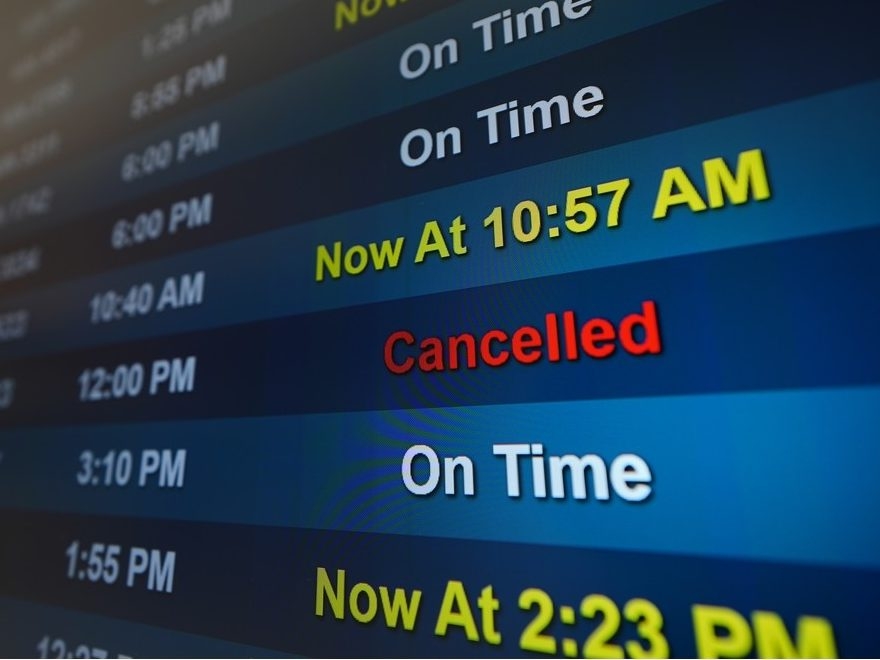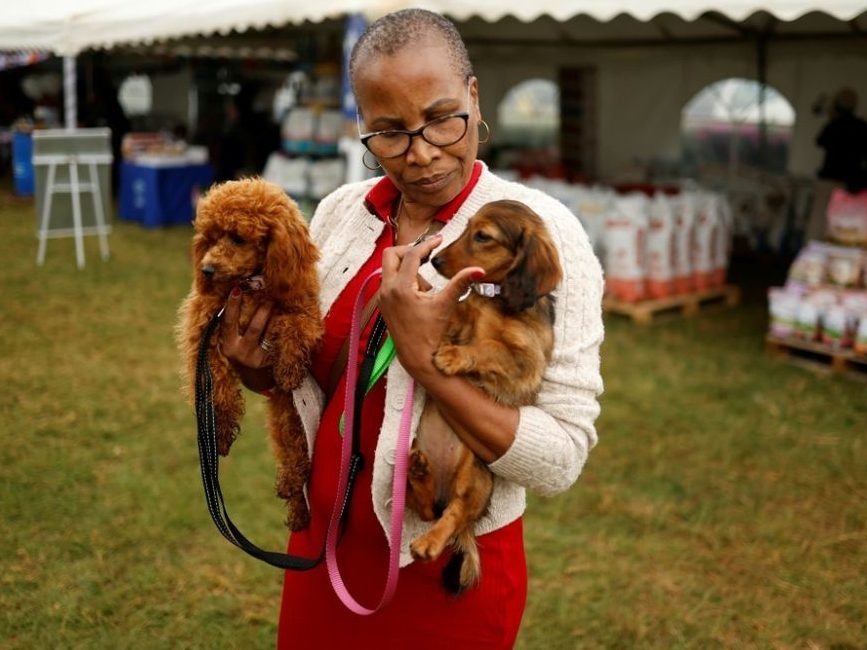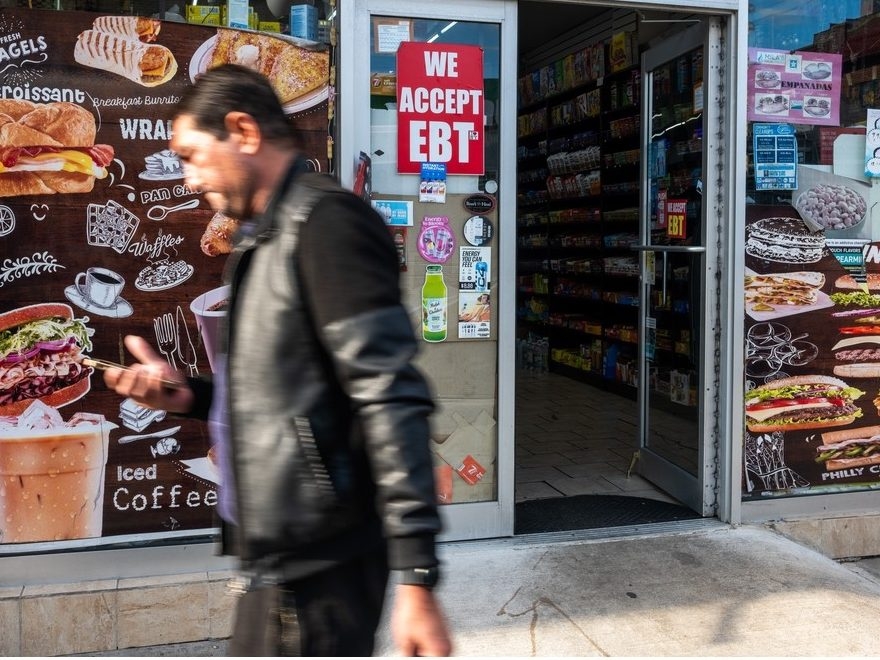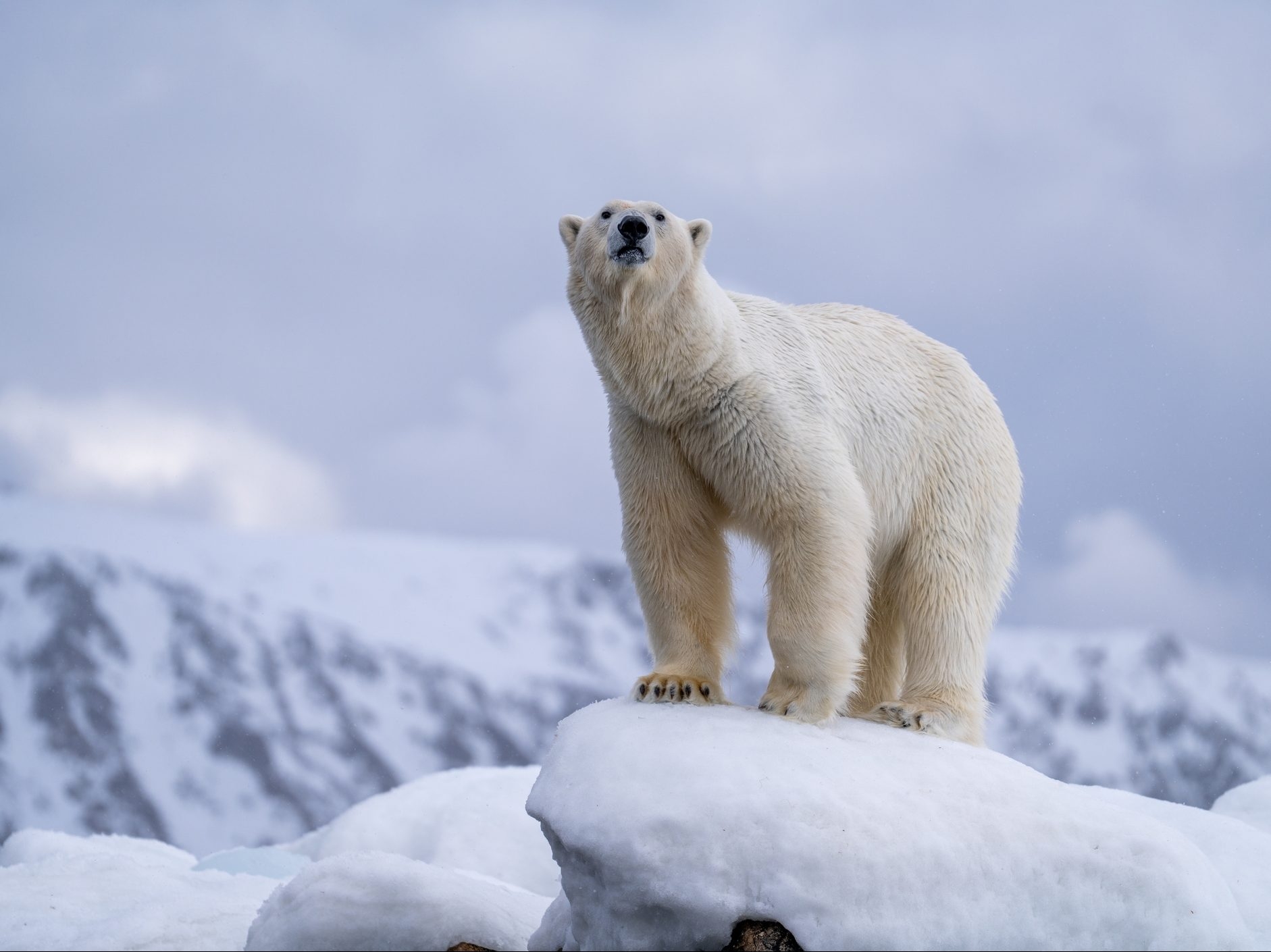A seismic shift rocked the BBC as its Director-General and top news executive both stepped down, the fallout from a controversy surrounding the editing of a Donald Trump speech. The resignations weren’t simply departures; they were acknowledgements of a breach of trust, a crack in the foundation of an institution built on impartiality.
The core of the issue lay in a “Panorama” documentary that aired last year. Critics immediately flagged a troubling manipulation of Trump’s January 6th, 2021, address – the speech delivered before the Capitol attack. The editing, they argued, presented a distorted narrative, stripping away crucial context.
Specifically, the documentary presented a jarring sequence: Trump declaring, “We’re going to walk down to the Capitol… and we fight. We fight like hell.” But what was omitted was the preceding call for peaceful demonstration, a vital nuance that fundamentally altered the message. The full transcript reveals a plea to “peacefully and patriotically make your voices heard.”
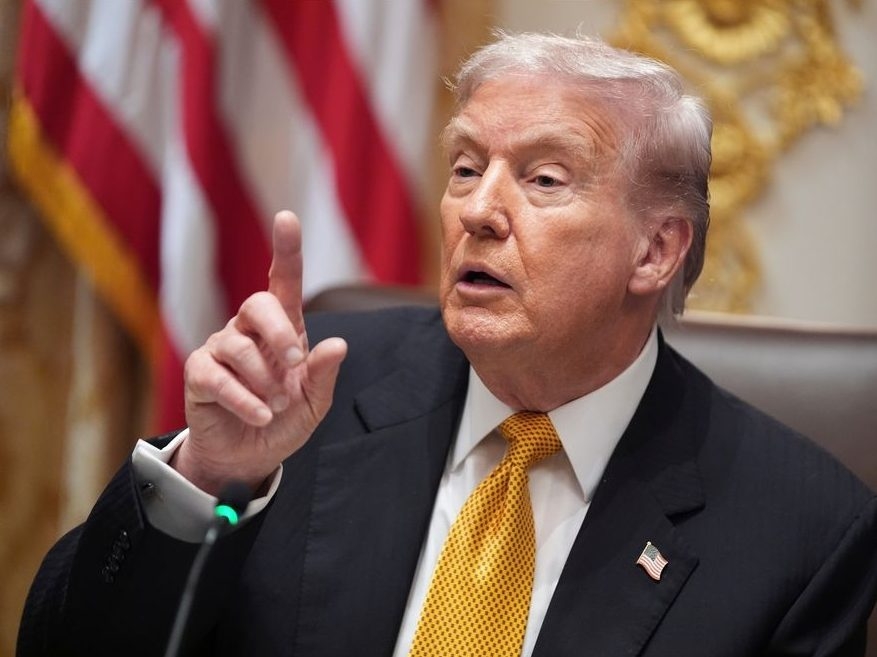
The discrepancy wasn’t accidental. A detailed analysis revealed the BBC had spliced together segments of the speech, creating a deliberately provocative clip. This wasn’t a matter of simple editing; it was a reconstruction designed to amplify a specific interpretation of events.
Tim Davie, the outgoing Director-General, accepted ultimate responsibility, stating the decision to leave was his own. He acknowledged mistakes had been made, a tacit admission that the BBC had fallen short of its own rigorous standards. The weight of maintaining public trust, he implied, had become too heavy.
Deborah Turness, CEO of BBC News and Current Affairs, echoed this sentiment. She recognized the controversy had spiraled, inflicting damage on an institution she deeply valued. For her, accountability demanded a personal sacrifice, a willingness to step aside for the sake of the BBC’s future.
The repercussions extended beyond the BBC’s walls. Donald Trump himself seized on the scandal, branding the broadcaster “Corrupt” and its journalists “dishonest.” The incident ignited a firestorm of political debate, with accusations of bias flying from all sides.
This wasn’t an isolated incident. A dossier compiled by a standards advisor highlighted concerns about the BBC’s coverage of transgender issues and alleged anti-Israel bias within its Arabic service. The broadcaster, funded by a mandatory license fee, faced mounting scrutiny over its impartiality.
The BBC’s charter demands objectivity, a principle that has become increasingly difficult to uphold in a polarized world. It’s a constant tightrope walk, navigating accusations of leaning left by conservatives and right by liberals. The Israel-Hamas conflict further exposed these vulnerabilities, leading to the removal of a documentary due to the narrator’s familial ties to Hamas.
The fallout promises a period of intense reform. Calls for a cultural overhaul within the BBC are growing louder, with demands for genuine change from top to bottom. The future of the 103-year-old institution hangs in the balance, dependent on its ability to restore public confidence and reaffirm its commitment to unbiased reporting.
While political figures offered differing perspectives – one side demanding reform, the other pledging support – the underlying message was clear: the BBC’s role as a trusted source of news and a cornerstone of British cultural life is paramount. Its ability to navigate this crisis will define its relevance for decades to come.

